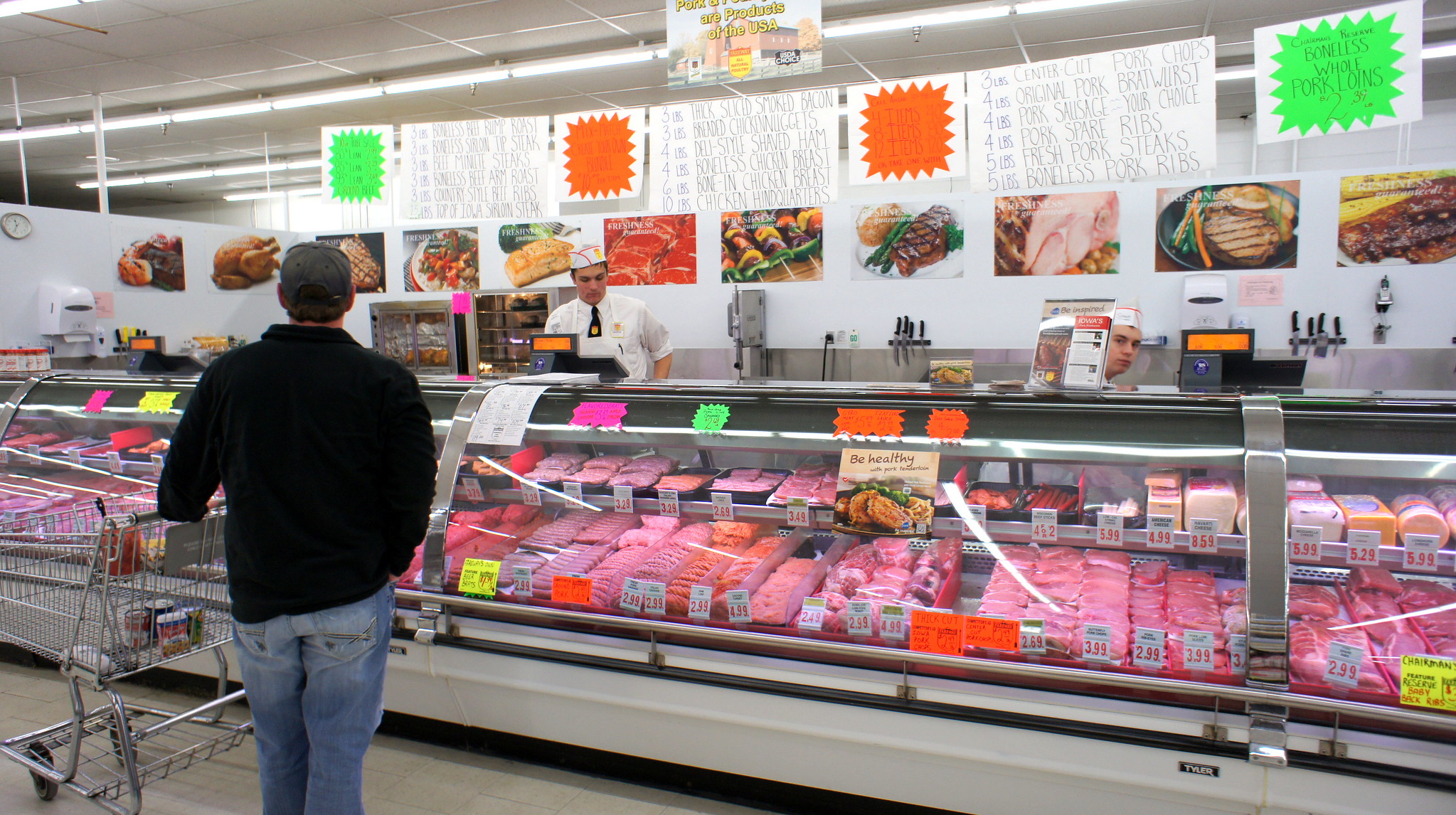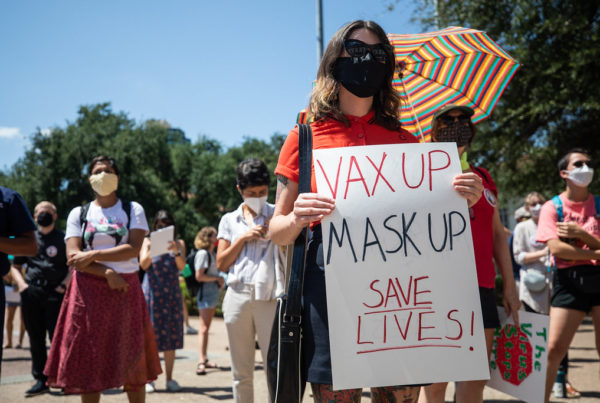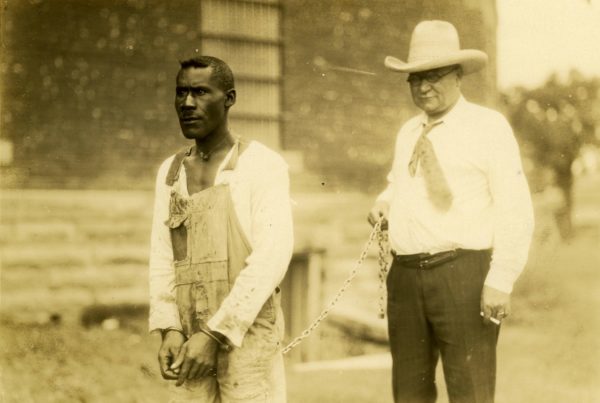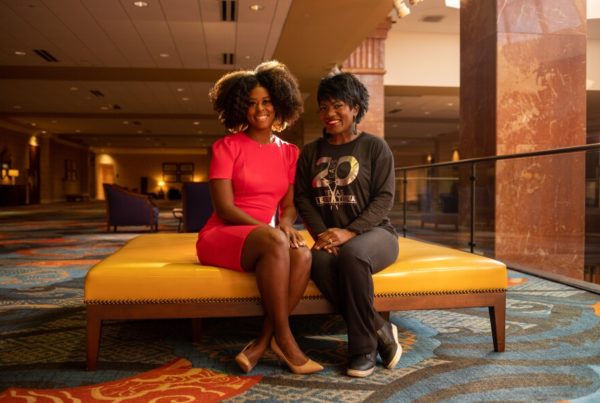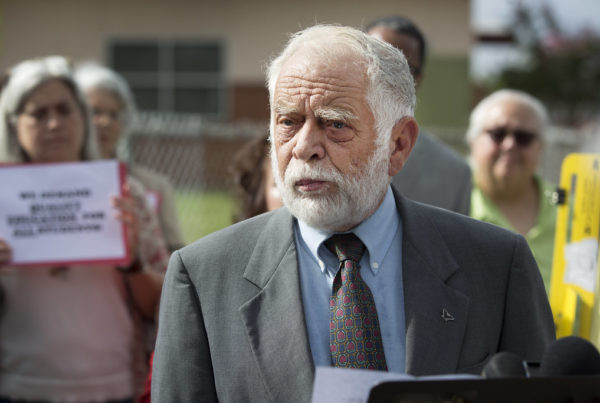The message from climate scientists is clear: we have to cut back our dependence on fossil fuels asap to save the planet. That’s a tough pill to swallow for some – especially here in Texas, where oil is king.
But another mainstay of Texas’ economy isn’t doing the environment any favors, either. What’s on your plate may be just as bad for the planet as what you put in your car or heat your home with.
A pound of ground beef will have emitted 13 pounds of carbon dioxide by the time it reaches customers. That’s why Texans need to reconsider our beef consumption, argues Chris Tomlinson in a new column for the Houston Chronicle.
“There’s a reason why Texans don’t want to believe in climate change. There’s reasons why they reject it. We have been a beef and oil producing culture. So much of that is what we’re about. And food culture is something that’s really hard to overcome.” Tomlinson told the Standard.
“So many people who’ve read my column think I’m saying that everyone should be vegetarian,” he said. “And sure, if everyone were vegetarian and everyone drove an electric vehicle, we’d have this climate problem all sewn up. But we’re humans. We need our culture. I’m just saying we need to scale back on all of it.”
Listen to the interview above or read the transcript below.
This transcript has been edited lightly for clarity:
Texas Standard: The numbers you cite are really striking. Each pound of beef accounts for 13 pounds of CO2 by the time it gets to consumers. What accounts for all that carbon generation?
Chris Tomlinson: It starts with growing the feed. Whether it’s growing grass and particularly for growing corn, you’re putting in some fertilizer. You’ve got plows. You’ve got harvesters, all this heavy industrial equipment and then you have to transport the feed. The cattle live on this feedlot. They just gorge themselves on whatever feed you give them. And that entire process is horribly inefficient when you consider the amount of energy we get compared to, say, gas – 13 pounds of carbon to produce one pound of ground beef, while it only takes 26 pounds of carbon to produce a 42-gallon barrel of oil. Cattle are really inefficient, and one of the biggest problems is they burp their entire lives and release methane, which is one of the worst greenhouse gases known to man.
How does this beef compare to other sources of protein?
It is five times more damaging to the planet than eating pork. It is 15 times as bad as eating chicken. These other animals just consume a lot less feed and require a lot less care to produce the same amount of protein.
You write that there’s another factor here that we don’t really consider, and that’s how it used to be. Beef was reserved for more special occasions. These days, folks don’t really give a second thought to it. So you’re factoring in culture and our economy that got us to this point.
Yes, I mean, the beef industry has gotten very good at what it does. It produces an enormous amount of beef protein and they can offer it very cheaply because they don’t pay for the environmental consequences. So when I was growing up, before a state dinner was a big treat, you might have a hamburger once a month when you go out. The rest of the time, you’d be eating these leaner proteins and frankly, healthier proteins. And I think the lesson here is we have to go back to that.
You don’t really frame this as an either-or thing, you see this as a both-and situation. Could you say a little bit more about that?
There’s a reason why Texans don’t want to believe in climate change. There [are] reasons why they reject it. We have been a beef and oil-producing culture, so much of that is what we’re about. And food culture is something that’s really hard to overcome. And so many people who’ve read my column think I’m saying that everyone should be vegetarian. And sure, if everyone were vegetarian and everyone drove an electric vehicle, we’d have this climate problem all sewn up. But we’re humans. We need our culture. I’m just saying we need to scale back on all of it.
Practically speaking, if some omnivores aren’t ready to go full vegan, but they’re wanting to cut back, what are some practical things they could do?
Well, I myself love barbecue. I love hamburgers, but I only have those things once a month. I also have a wife who is vegetarian for religious reasons. And so I eat Impossible Burger. I eat beef substitutes when I want to have something like that at home. And frankly, it’s about getting healthier, too. I think we can also reduce our health care costs if we can just be a little more thoughtful about choosing our meals and not just heading for Burger King straight out the gate.


